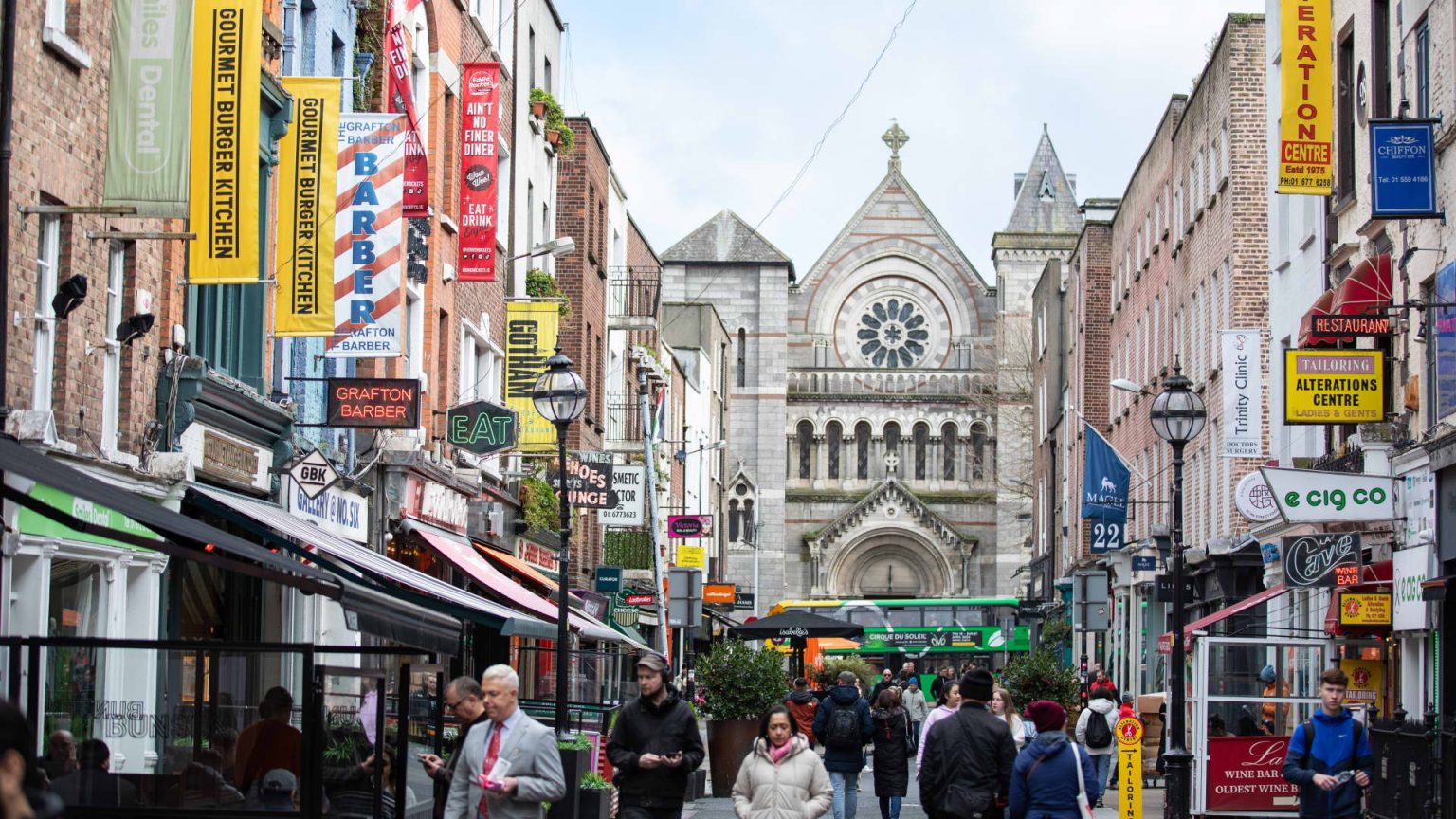The Irish government has announced plans to spend 13 billion euros in Apple back taxes, a windfall the country had originally fought to avoid. Finance Minister Jack Chambers stated that this revenue could be transformational and emphasized the need to prioritize infrastructure projects over the next decade. The government is determined not to use the money for day-to-day expenses or to narrow the tax base, instead focusing on addressing challenges in housing, energy, water, and transport infrastructure.
The European Court of Justice recently ruled against Apple in a landmark decision, stating that the company must pay billions in back taxes to Ireland. This ruling was welcomed by tax justice advocates and EU competition chief Margrethe Vestager, who called it a “huge win” for European citizens. Apple expressed disappointment with the decision, while the Irish government maintained that it does not provide preferential tax treatment to any companies or taxpayers.
The finance ministry projects tax revenue to reach 105.7 billion euros this year, a significant increase primarily driven by corporate tax receipts and the windfall from the ECJ’s decision. Ireland’s low corporate tax rate has made it an attractive base for multinational companies like Apple. The country had long argued against having to repay unpaid taxes to the tech giant, fearing it could deter investment, but the ECJ confirmed that Ireland must recover the unlawful aid granted to Apple.
With a budget surplus of several billion euros, Ireland faces the challenge of efficiently utilizing the windfall from Apple’s back taxes. The Dublin Chamber of Commerce has praised the government’s commitment to investing the proceeds in infrastructure projects, describing this as essential for the country’s development. CEO Mary Rose Burke emphasized the need to ringfence funds for vital capital projects to ensure their successful implementation and impact on the economy.
The government’s decision on how to allocate the funds from Apple’s back taxes reflects its focus on long-term economic growth and addressing infrastructure challenges. By earmarking the windfall for key projects in housing, energy, water, and transport, Ireland aims to improve its competitiveness and quality of life for residents. The upcoming general election in Ireland adds urgency to these infrastructure investments, as political parties seek to demonstrate their commitment to improving the country’s basic services and economic prospects.
Keep Reading
Subscribe to Updates
Get the latest creative news from FooBar about art, design and business.
© 2026 Globe Timeline. All Rights Reserved.













